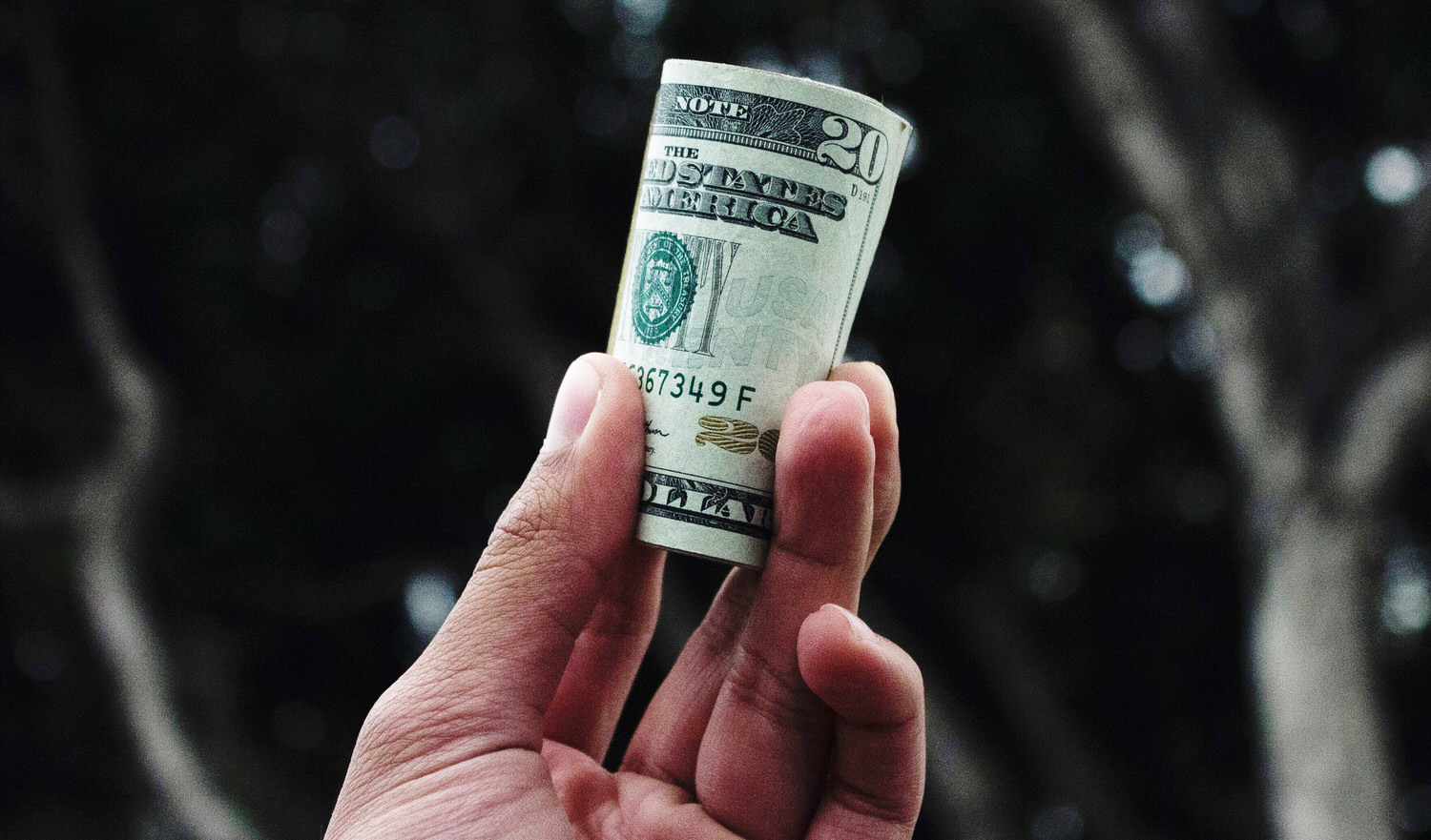Emerging Markets Cheat Sheet (July 4, 2011)
Strengths
- Beginning on September 30, China will lift the minimum income tax threshold from the current Rmb 2000 to 3500, which effectively exempts 60 million workers from paying income taxes.
- Indonesia’s consumer price index (CPI) grew 5.54 percent in June, down from 5.98 percent growth in May. Indonesia has seen its CPI trending down in the last four months without heavily tightening its benchmark interest rates. Indonesia’s exports increased 45.3 percent, which exceeded the market’s expectation, while imports gained 48.5 percent. Indonesia has been benefitting from domestic consumption and natural resources export to other Asia countries, particularly Japan and China.
- Thailand’s CPI climbed 4.06 percent in June, down from 4.2 percent in May, although it is still near a 32-month high. Thailand is among the Asian countries that are tightening their money supply to curb inflation by increasing interest rates this year.
- Macau gaming revenue in June was up 52 percent year-over-year.
- Chilean banks posted strong results for the month of May. Banco de Chile’s net income grew by 31 percent year-over-year (with a return on equity of 31 percent) while that of Santander Chile increasing by 48 percent (with a return on equity of 38 percent). Valuations of Chilean banks remain among the highest in the World with trailing price to book value of 3.6 times for Banco de Chile and 4.2 times for Santander.
- Colombia’s GDP in the first quarter grew by 5.1 percent versus an expected 4.8 percent. Mining was the driver of growth, up 9.4 percent, followed by agriculture, which increased 7.8 percent.
- The Turkish economy surged 11 percent in the first quarter, outpacing China and confirming Turkey as “Eurasia’s rising tiger,” according to The Wall Street Journal. Growth remains domestically driven, with private consumption expanding 12.1 percent and gross fixed capital formation growing 36.6 percent. Turkey’s hot economy stands in contrast with those of most of its neighbors in the European Union.

Weaknesses
- In June, China’s purchasing managers’ index (PMI) fell 1.1 percent from the month of May to 50.9 percent. The market expected a drop of 0.5 percent. Though PMI is still above the expansion mark, it suggests the aggregate demand is pulling back further amid continued monetary tightening policy, and manufacturing expansion is losing momentum. A downward trend of PMI may become a reason for People’s Republic of China to stop increasing interest rates which were widely expected after May CPI was released last month.
- Korea has yet to see its CPI come down after its June CPI rose to 4.4 percent year-over-year, the sixth month in a row that the inflation figure had breached the official Bank of Korea target. Korea’s exports rose 14.5 percent year-over-year in June, down from last month and missing expectations for a 17.6 percent increase.
 As President Hugo Chavez’s health deteriorates, there appears to be no clear succession plan for Venezuela, one of the largest oil producers.
As President Hugo Chavez’s health deteriorates, there appears to be no clear succession plan for Venezuela, one of the largest oil producers.- Turkish lira has fallen nearly 19 percent since November. The central bank has been reluctant to hurt exporters by hiking interest rates and has been raising bank reserve requirements instead.
Opportunities
 After various media and doomsayers predicted a hard landing of the Chinese economy, fears spiked, as measured by the number of articles mentioning a Chinese hard landing. The stock market in Hong Kong and China’s mainland A-shares appeared to be oversold before last week’s technical rebound. It doesn’t take a contrarian to realize opportunities arise when the market shows extreme fear.
After various media and doomsayers predicted a hard landing of the Chinese economy, fears spiked, as measured by the number of articles mentioning a Chinese hard landing. The stock market in Hong Kong and China’s mainland A-shares appeared to be oversold before last week’s technical rebound. It doesn’t take a contrarian to realize opportunities arise when the market shows extreme fear.- Last week, China concluded a comprehensive local government debt audit. Total local government debt totaled Rmb 10.7 trillion, with about 50 percent belonging to local government financing vehicles. Another 50 percent was guaranteed debt. Market pundits feared a credit crisis based on the local government debt; however this opinion may be overblown. As shown in the chart, BCA ranked China’s total debt under different assumptions along with G-20 countries. Under the worst assumption of Rmb 20 trillion in local government debt, China’s debt is 65 percent of GDP, still less than India and Brazil, and much less than G-7 countries.

- High sugar prices, up 20 percent in June, are likely to help the initial public offering of Copersucar, the largest exporter of sugar from Brazil, as the company is planning to enter the market in July.
- SNC Lavalin, one of the largest engineering and infrastructure companies in Canada, will buy Atomic Energy of Canada, a crown corporation. The acquisition will broaden SNC’s expertise in the nuclear reactors field, but questions remain on how this industry in Canada will fare in the absence of state support.
 The Brazilian antitrust regulator is expected to cast a final vote on July 13 on the merger of Perdigao and Sadia which formed Brasil Foods. We believe a merger should be allowed as this would create a national frozen foods champion able to compete with Tyson Foods and Purdue.
The Brazilian antitrust regulator is expected to cast a final vote on July 13 on the merger of Perdigao and Sadia which formed Brasil Foods. We believe a merger should be allowed as this would create a national frozen foods champion able to compete with Tyson Foods and Purdue.- The new tax regime in Russia will translate into about $3.40 per barrel decrease in oil export duty, which should improve profitability of upstream. Lower profitability threshold should increase the number of new wells by 20 to 30 percent, according to UBS estimates, boosting demand for drilling services.
Threats
- The worse-than-expected CPI for China for the month of June may tell us that China’s industrial growth in June and GDP for the second quarter, to be released in middle of July, will probably be sequentially lower on year-over-year basis.
- Polish manufacturing growth slowed in June to the lowest level in 18 months and may ease further in the third quarter, according to Markit Economics. Poland’s PMI fell to 51.2 from 52.6 in May.













